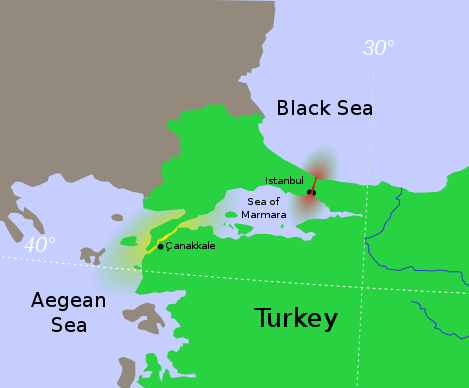
Driving in Britain Then & Now
A friend headed for England who heard about their speed cameras asks how many he’ll encounter. Answer: a lot. Even out in the country, they’ll snap away at you.
Since 1974 I’ve logged 80,000 UK road miles, from Land’s End to John O’Groats, islands from Jura in the Hebrides to Guernsey in the Channel. For a long time it was a driver’s paradise. More recently UK driving turned from joy to drudgery. Of course a lot has to do with the huge growth of cars on cramped roads. The modern depredations of the State are a result rather than a cause.…







